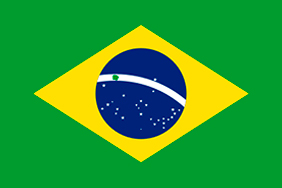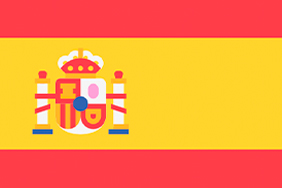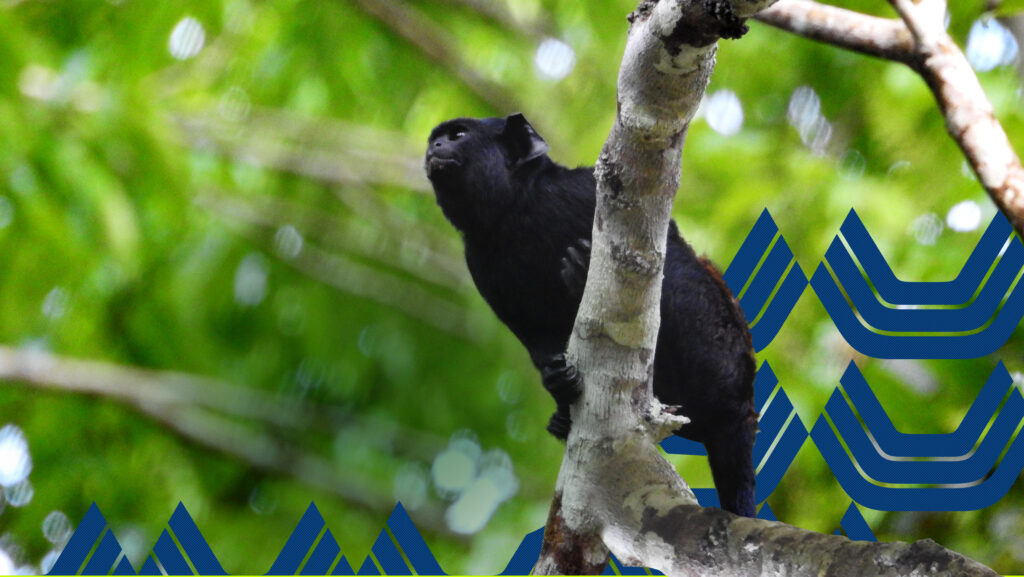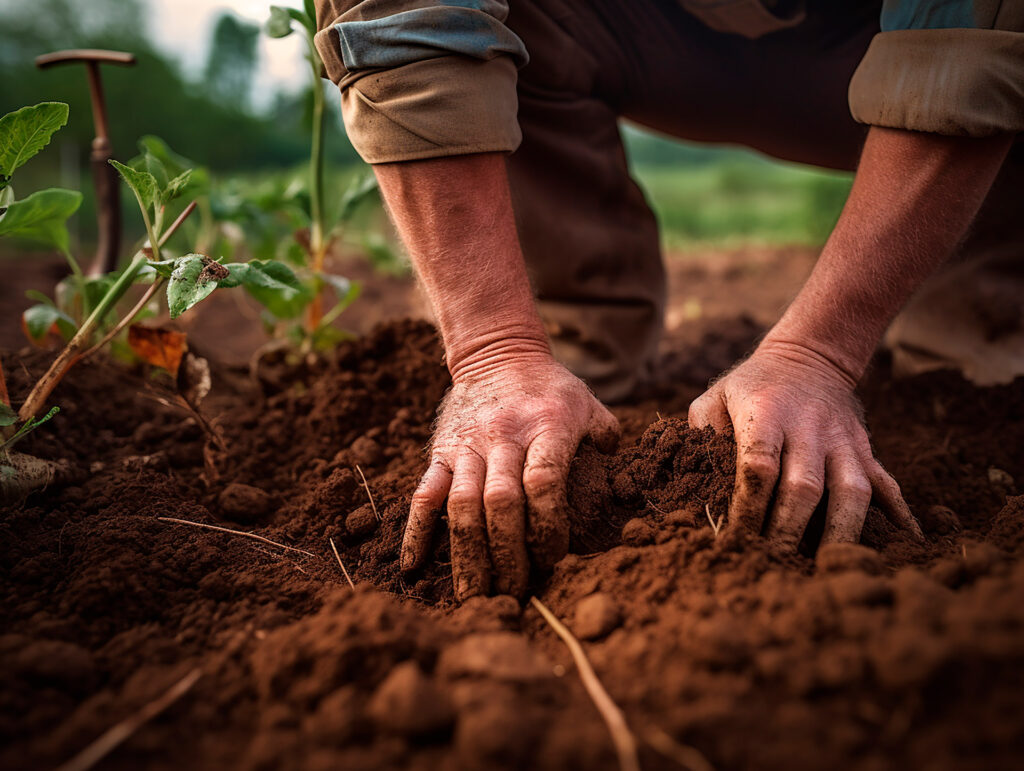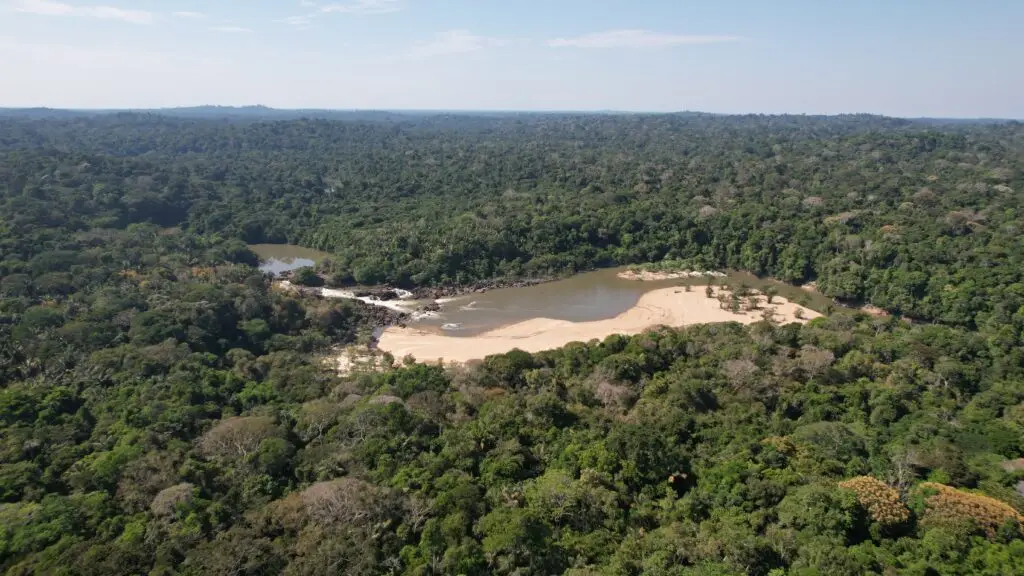REDD+ Project enables facilities which will make life easy at the communities that make their living in the woods
Nearly 30 families that live at the Rio Preto-Jacundá extracting reserve (RESEX), an area of 95,000 hectares in the municipalities of Machadinho D’Oeste and Cujubim, State of Rondônia, are getting ready to enjoy the facilities of a new community complex. The works, which start on January 10th of 2019must be all completed by late April They include the construction of 8 new houses, a community office with informatics room, cafeteria, and auditorium, as well as shack specially intended for accommodating machines and equipment to make work routine easy for the extractivists who live in the area.

Achievements are a result of a project constituted in partnership between Biofílica, Extractivist Association of RESEX Rio Preto-Jacundá (ASMOREX), the Rioterra Studies Center, an advisory organization for the project and the government of the State of Rondônia. The action are results of socio-environmental investments for the reserve since 2012 by means of REDD+ carbon credits commercialization with Brazilian and international customers. Besides fostering the preservation of the deforestation-vulnerable green areas, its premise is to further the socio-economic development in these areas – the home of river-bank, extractivist communities that, more often than not, lack basic infrastructure. “The structure we had before was an improvised one; we could barely hold a meeting of our association at times of drought, for there was no water for the bathrooms”, says José Pinheiro Borges, President of ASMOREX. ().

Amongst the new facilities, the informatics room is the one which must have the highest reach with the residents, most of all over children and teenagers at school age, who will now have access to the internet. The coming of electricity will, too, change the routine of five river-bank families, settles at the banks of the Rio River, away from the community centers. They will rely on photovoltaic energy generation systems. Access to energy before was made possible through small generators which worked only four hours a day. “This opens up a range of production possibilities, because – with freezers working – these families may keep their products, such as the acai berry, which is perishable”, says Pinheiro.
Start making a difference now for the planet and for your company.
